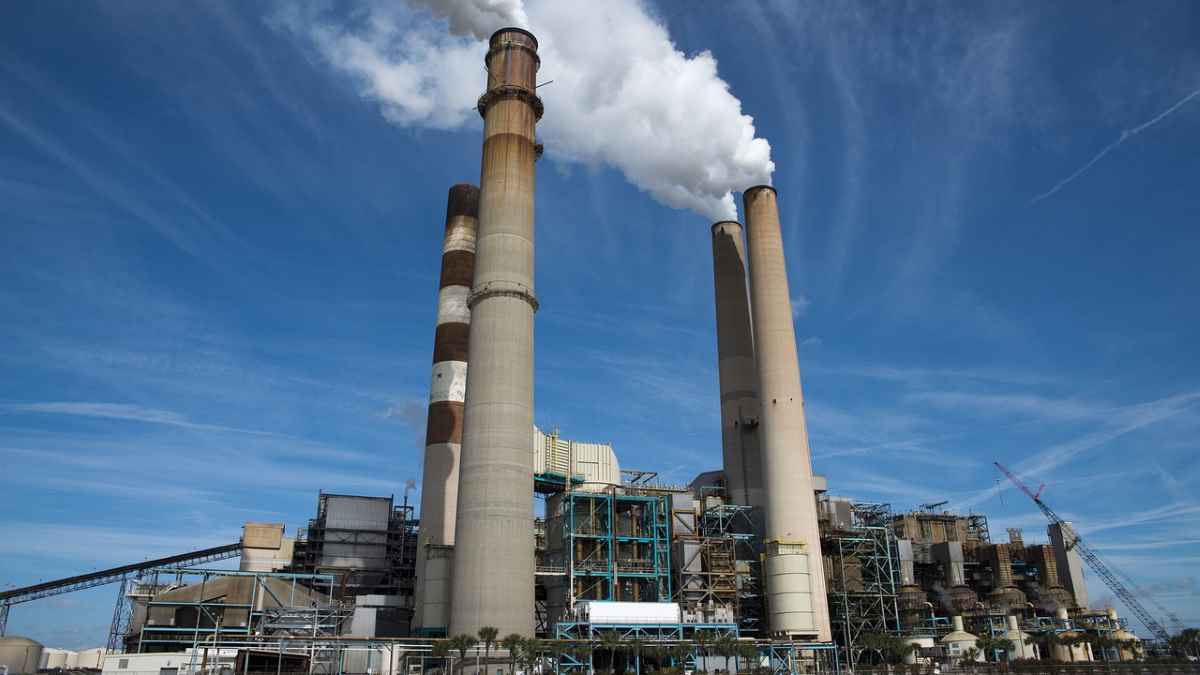A panel discussion at AOG 2022 explored best practices being implemented by ANPG and its partners to boost upstream activities in Angola
LUANDA, Angola, December 1, 2022/APO Group/ —
Under the theme, ‘The Next Wave of Exploration: ANPG, the New Rules of Engagement, and the Future of Angola’s Oil and Gas Reserves’, a panel discussion held during the 2022 edition of the Angola Oil & Gas (AOG) conference (https://bit.ly/3UyBCpP) explored how the National Agency for Oil, Gas and Biofuels (ANPG), Angola’s oil and gas market regulator, is revitalizing upstream activities across Africa’s largest crude oil producer.
Moderated by Justin Michael Cochrane, Director, African Regional Research, S&P Global Commodity Insights, speakers included Melissa Bond, President and General Manager for ExxonMobil Angola and Chairperson for the ACEPA; Rui Rodrigues, Pre-Development and Exploration Assets Director, TotalEnergies E&P Angola; Jason Robinson, Director, Africa, TGS; Giovanni Aquilina, Exploration Director, Azule Energy; Chris Newton, Marine Business Development Manager, Shearwater; and Adriano Sebastião, Exploration Director at ANPG.
The panel opened with a keynote address delivered by Paulino Jerónimo, President of the ANPG who explained the organization’s new rules of engagement and how they can help attract new investors to make discoveries and address declining reserves and production. According to Jerónimo, the ANPG has its plan approved by the government which includes awarding 55 new concessions to investors in the coming years; assessing existing areas and interior basins to expand upstream investments; policy revamps; and the regulators increased focus on technology innovation to boost the industry.
Thereafter, the discussions kicked off with speakers highlighting stability, compliance and transparency, progressive fiscal and legislative terms, low operational costs for operators and tax stability as the key drivers for an optimal exploration market.
According to Sebastião, the ANPG is willing to revamp policies and fiscal terms in line with changing global trends, and that “We are working with government and all stakeholders to improve fiscal terms to satisfy investors whilst making sure we don’t destroy the profitability of the state. Our more comprehensive vision of optimizing production has been disclosed in presidential decrees and we have engaged in an extensive exploration strategy. If major firms do not show interest, we will go for medium and small sized companies, then we will have a wide range of firms present in the market. We want to have a direct, open and transparent and case by case conversations and partnerships which will lead to massive discoveries.”
We are working with government and all stakeholders to improve fiscal terms to satisfy investors whilst making sure we don’t destroy the profitability of the state
Meanwhile, Africa has witnessed a decline in exploration in the past years, yet huge discoveries have also been made. According to Cochrane, the potential for frontier exploration in Angola will revive the exploration market and unlock the massive reserves required to boost production.
According to Robinson, to boost investment in exploration, “Firstly, you need stability. You need to have a stable environment to do business and Angola ticks that box. Secondly is compliance and transparency. Along with that is negotiable terms and Angola also ticks that box. You have a well-developed exploration system as well as frontier areas.” Commenting on ExxonMobil’s exploration plans in Angola’s frontier basins, Bond stated that, “We are very excited about exploration prospects in the Namibe basin, which demonstrates our willingness to continue to invest in Angola. The Namibe basin is a frontier and deepwater basin, and we are working with the ANPG to make it very attractive. We have to compete with liquefied natural gas, the energy transition and low carbon solutions. ExxonMobil is competing for capital for all of these projects but we are confident that we will be successful.”
Speaking about TotalEnergies’ interest in ultra-deepwater projects in Angola, Rodrigues stated that, “The technologies we have deployed have shown us that it is possible to drill ultra-deepwater. Today, we continue doing research and working with the ANPG to understand more.”
The panel also provided an opportunity for Newton to showcase the various technologies available to address ultra-deepwater and complex exploration campaigns.
Commenting on the role of digitalization in maximizing exploration campaigns, Aquilina gave reference to Azule Energy’s exploration success in Block 15/06, stating that, “We have done fantastic work on Block 15/06. Since 2018 we have made six discoveries so our rate of success is more than 80% on the block in terms of infrastructure-led exploration. This comes with two pillars: the knowledge of the people and support by the expertise in that water; and the data. We are in the process of digitalization which is important for us.”
With regards to the potential for Angola to decarbonize oil operations, Bond added that, “ExxonMobil has a target to achieve net-zero by 2050. We have worked hard to reduce emissions in the past decades and reduced flaring in Block 15. Going forward, it is going to be tough because we are competing with global targets. However, we are looking at exploring new technologies that will enable us to boost our environmental performance.”
Aquilina reiterated that, “Decarbonization is a fact, it is real. We have six FPSOs and we have one that is net zero and everything electric. That is the start and we will decarbonize Block 16. Our vision is to continue decarbonizing with FPSOs that are clean and do not emit any flaring. Angola continues to be competitive because both the agency and the partners are showing solidarity in decarbonization and we will continue bringing new investments because we showed we can produce more with less emissions.”
Distributed by APO Group on behalf of Energy Capital & Power.
